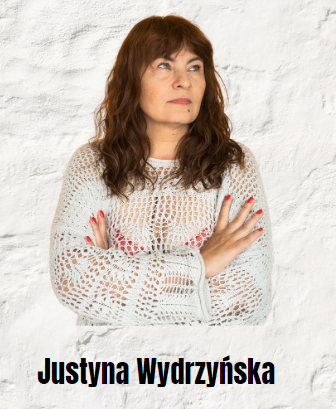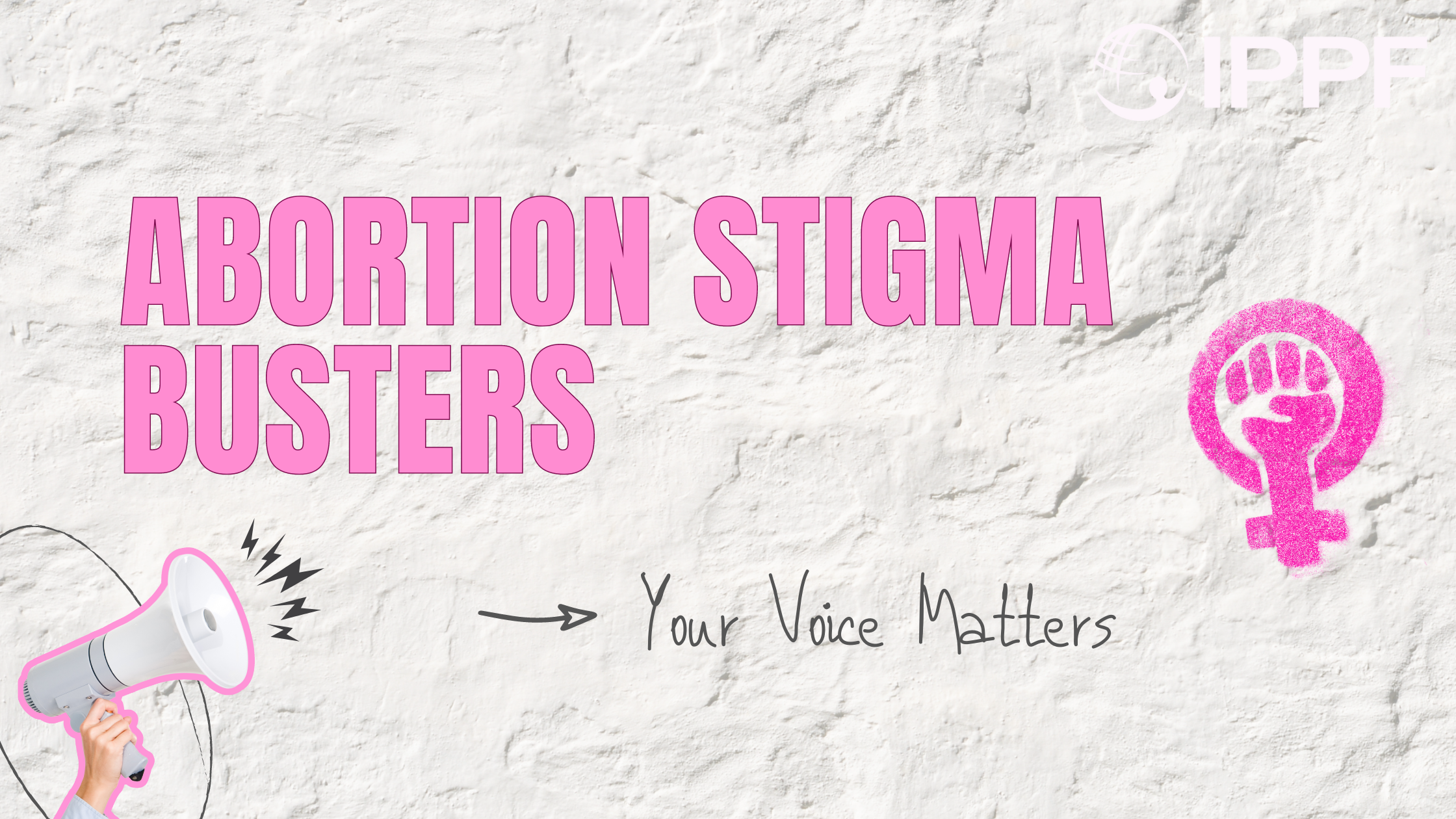We envision a world where abortion care is centered around the needs and care of those who have abortions. Where stigma, fear, and misinformation about abortion are eliminated through collective organizing strategies that bring about deep narrative and cultural change.
We believe that we must address abortion stigma, along with intersecting stigmas, as a root issue that is moving us further away from our collective liberation, in order for deep and sustainable change to happen around abortion globally, regionally, and locally.
Listen to the Activist Talk on Abortion Stigma
When you don't speak about something, when you don't give it names, you give it power. You make it become something mysterious, something dark. So if we don't talk about abortion, then it becomes the service which shall not be named. It is very common: 6 in 10 pregnancies and unintended pregnancy ends in abortion. Once we start talking about it, people have access to information, people know what to do, people know that it's okay for them to seek help if they need to, that they can share their story because we have normalized it. And when we normalize it, we also de-stigmatize it as well by saying that abortion happens to many people. It's good to share your story so that other people can also feel like they're not alone. It's very important to start breaking the conversation: abortion is okay, abortion is common, and it's okay to talk about that.


I put a lot of hope on abortion pills. I think this is the future of abortion access: we don't need to ask anyone for any permission, we don't need to ask anyone. We will just need pills and that's it. We can do our own abortions. This is the future. This is my hope: that pills will be available everywhere and, such as painkillers that you can buy on every gas station. Really everywhere.







